Changing Living Situations for Older Adults: Downsize, Care Community or Age in Place?
Betsy Phillips is a real-estate agent for Compass in suburban Chicago. Many of her clients are older adults who are either downsizing or moving to a care community. Her role is much larger than simply selling their home. By taking a holistic approach, Betsy and her team of social workers, designers, and financial experts can help manage the entire transition, easing the burden and the stress on their clients. In our conversation, Betsy shares her experiences of working with older adults and their children, and provides some important advice for how to best prepare for this life shift.
The interview below has been edited for length and clarity.
Ben: Can you briefly share your background and how you got involved with helping older adults with their real estate needs?
Betsy: I didn't become a realtor because I like houses. I became a realtor because I love working with people and solving their problems.
My ex-husband had Alzheimer's. He was in a memory-care community until he died of Covid. So, I've been through a lot and can relate to others who are going through similar things. I know how it is to work with somebody who has Alzheimer's. I know how important it is to plan and have a plan and to work with lawyers and financial planners who specialize in Elder Law. My ex-husband died without a will, so my daughter had to become a guardian. Through that journey, we learned so much.
Ben: Do you only buy and sell houses for older adults?
Betsy: I also work with younger families. But I'm very involved in the senior space. I'm very worried about seniors who are staying in their homes too long. It can be unsafe if it's not updated for their current life stage. If they're unwilling to add in safety equipment and other modifications that will ensure their safety and independence, they need somebody who could come in and help to get them moved. But more than that, I help them realize their dream of a better life -- that it's not over because you're leaving your home.
Ben: When my grandparents moved out of their home, it was well past the time they should have. My grandma kept falling out of bed. Grandpa was just trying to take care of it on his own while he was in the early stages of dementia. We tried to delay the move to a care community. They got a live-in caregiver, and we tried all of sorts of remediations until we decided it was time. When they finally moved to a care community, they didn't fully know that this was going to be a permanent change. When you're working with older adults who are moving, is this typically a reactive move or are they proactive?
Betsy: This is a huge American problem coming into the 21st century, and I don't mean to be so melodramatic about it, but it is. People are living longer now. And they often are more productive and engaged in their later years than their parents and grandparents were. But there are a lot of people who don't plan, financially or physically, and they might be around for an extra decade than they originally anticipated. Many older adults also still have old-fashioned views of senior care. Many believe that if they move into a care community, it’s going to smell and be dark and gross and they don't want to spend the last phase of their life there. So there is fear. Next is the expense. Again, this needs to be analyzed carefully. And finally, older adults need to deal with the emotional challenges related to selling their home as well as the logistical challenges such as dealing with 30 or 40 years of possessions, the condition of the home, and the actual sale of the home.
Ben: I think my grandparents were slightly relieved to be unburdened of being responsible for so much stuff, but maybe they're in the minority. But getting back to my original question, how proactive or reactive is this transition?
Betsy: It is too often a reaction, and I think our goal should be to work together with others who are supporting older adults, to be proactive where they are making a choice instead of having a choice made for them because it inevitably becomes a disaster. But it's critical to figure things out before it gets too dangerous for them to live alone. My ex-husband was found by police just wandering around. Thankfully the police picked him up before he accidentally killed himself or someone else. And then we're like, oh, my God, what are we going to do? What if we were too late? One of my goals is to try and get out there and promote preparedness so the golden years can be enjoyed. Planning, preparation and acceptance are key! Age doesn't really creep up on us, so if you plan, you can avoid a crisis.
Ben: I'm guessing by the time you're involved in this process, people have made some decisions.
Betsy: Yes.
Ben: So at this stage, you're kind of joining this huge life shift in other people's lives. What sort of emotions are they experiencing? Are they feeling guilt for being a burden on their adult children? Are they feeling sad and depressed like their life is over? Are they just excited to get rid of all the stuff they don't use?
Betsy: A little bit of all of that depends on the individual. And it's interesting, as you learn, the senior community is a lot like the divorced community. They are in a scary transition. One of my little gifts is that I like to reframe things for people. Often the adult children will have me be part of the "conversation" about moving. I usually just lay out the situation. I try to use the conversation to have them dream a little, by asking questions like "Wouldn't it be nice if you didn't have to worry about this or that?" And because I'm not their daughter, they don't have that wall. I'm just a caring person with no baggage. I'm just telling them the truth from my experience and from my heart. And I'll bring up all the great things about moving to a care community: somebody else cooks and cleans; there are new friends and constant activities, etc. I maybe I give them a permission structure to move forward in their lives.
Ben: What are some people's biggest reservations about moving?
Betsy: It's not so much about the house and that they need the space. It's the people, their stories and their memories. But they of course worry about everything, and I try to worry for them. I can assure them that we can get this done together.
Ben: I imagine a lot of these older adults have been living in these homes for a long time. What's the process like to downsize? And I bet there's a lot of work that has to go into that house to make it sellable again.
Betsy: Sometimes the adult children help and sometimes we need to hire someone – sometimes both. And we have resources for all of that. I work with a social worker who is also a designer and an organizer. So she'll come in and start the process of organizing what things will be taken to their new home while designing where it will all go. She'll draw their new space so that they can see it. And then we have to get rid of the rest of the stuff; we have people to do that. Compass, who I work for now, has a program called Concierge where we will lend people money against their equity in their home if they need cash to pay for a downsize or home repairs.
Ben: Occupancy at senior living communities has plummeted because of Covid. There's a new big push for older adults to try and stay in their home longer by retrofitting and adding features to it so they can remain there safely. What's your take on this?
Betsy: Covid affected our market a lot, obviously. And this is one reason as to why we have the housing shortage at the moment. I also work with someone who will come in to homes and assess what needs to change for it to be a safe place to age independently. So, yes, people are staying, but sometimes they stay too long.
Ben: Hoping this question isn't too personal. But I'm curious, as someone who is middle aged and fully immersed in this later stage in life, how are you preparing for and thinking about your own aging?
Betsy: Interesting question. So I will live in my house for now. I can make it up and down the stairs. As long as I can walk up and down those stairs, I'm going to stay in my place as long as I can. I could very well see myself at some time living in a very small place. But I'm a very social person, so I'm going to want to go someplace with a community. I don't want to be by myself. It will depend where my kids end up. My daughter may move to England. So if she were to do that, I don't know, maybe I'd go there. But I also have long term care insurance, and feel fortunate that I bought in when I did. I highly recommend.
Ben: What advice can you give adult children, practically, logistically, and emotionally, in terms of preparing for some sort of living transition, whether that be aging in place, downsizing, or moving to a care community?
Betsy: Get as much help as you can. Don't be afraid to ask for help. Reach out to a senior real-estate specialist. There are senior coordinators, care coordinators. There are people that manage moves. There are people that want to help you. We all can help you. We can help with every budget. Just please don't be afraid to ask for help. Sooner is always better.
Ben: And if our readers want to hear or learn a little bit more from you, where should they go?
Betsy: They can go to my website at www.Compass.com/agents/betsy-phillips. Please check out my YouTube channel for additional resources.

























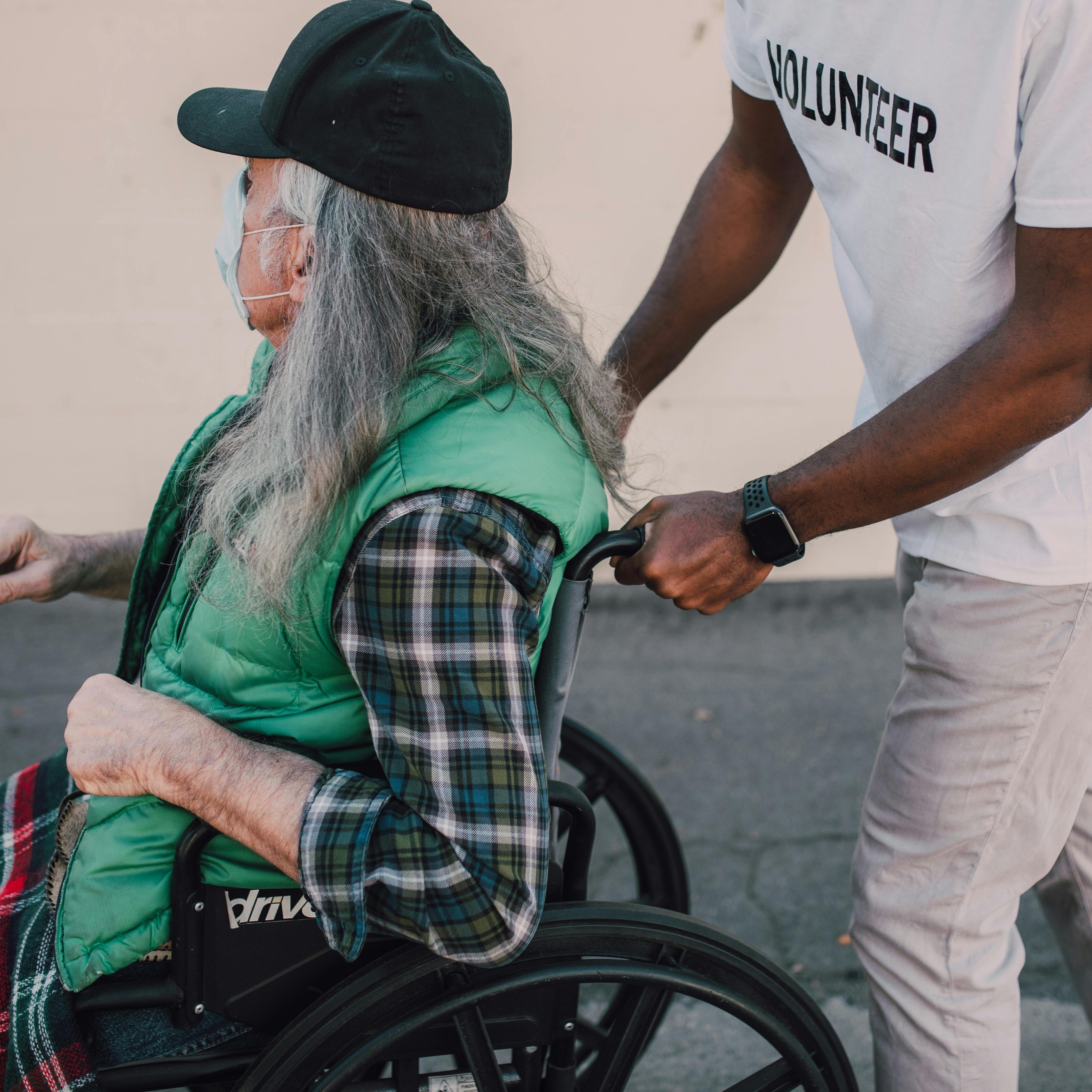





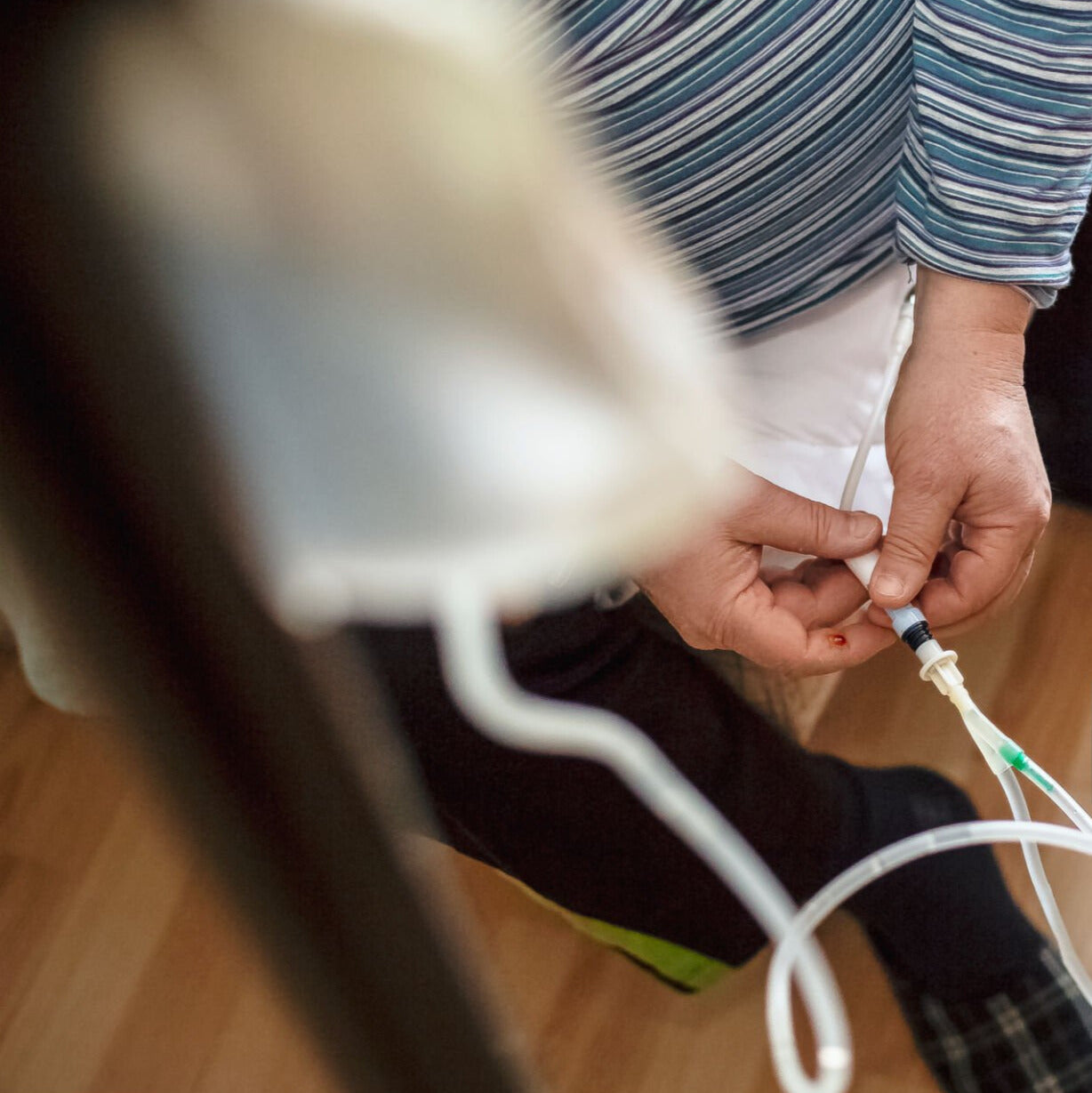






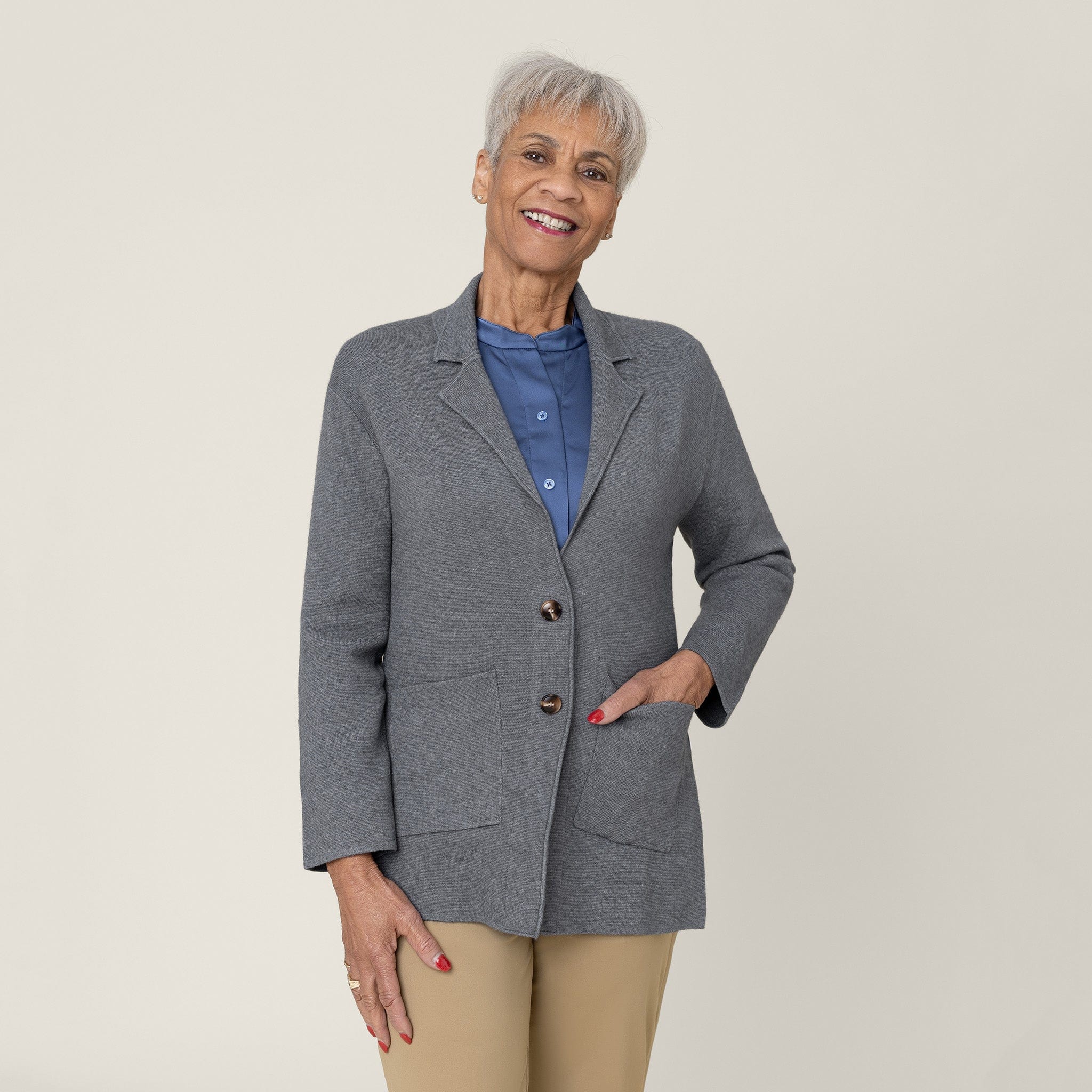




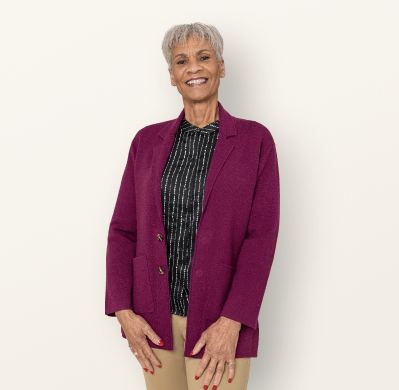
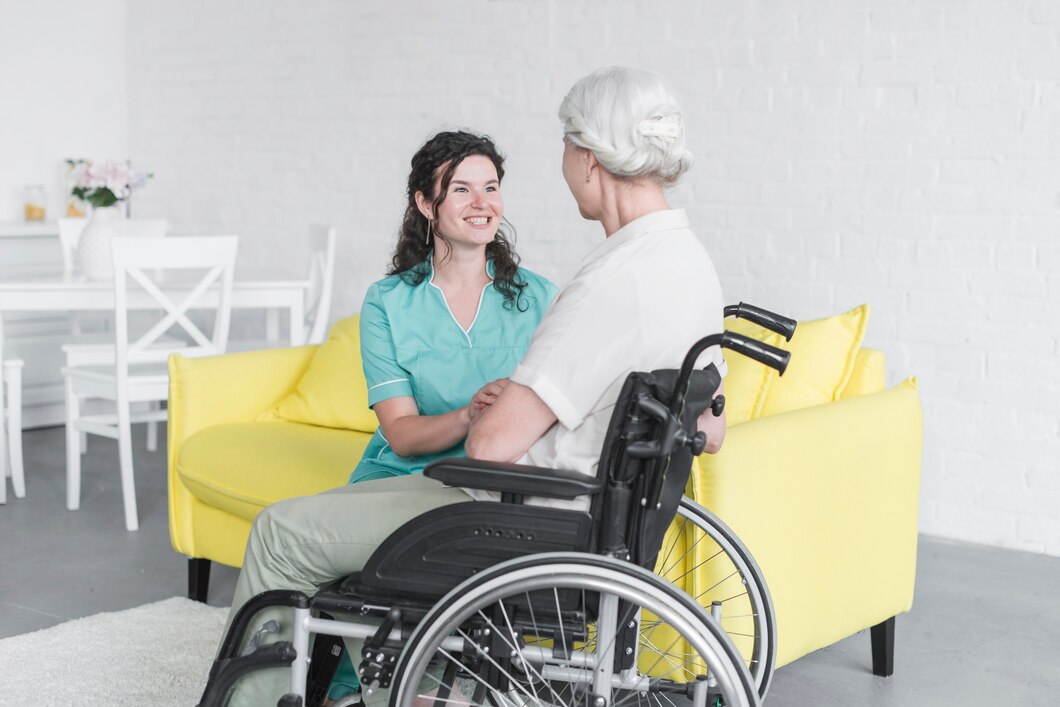


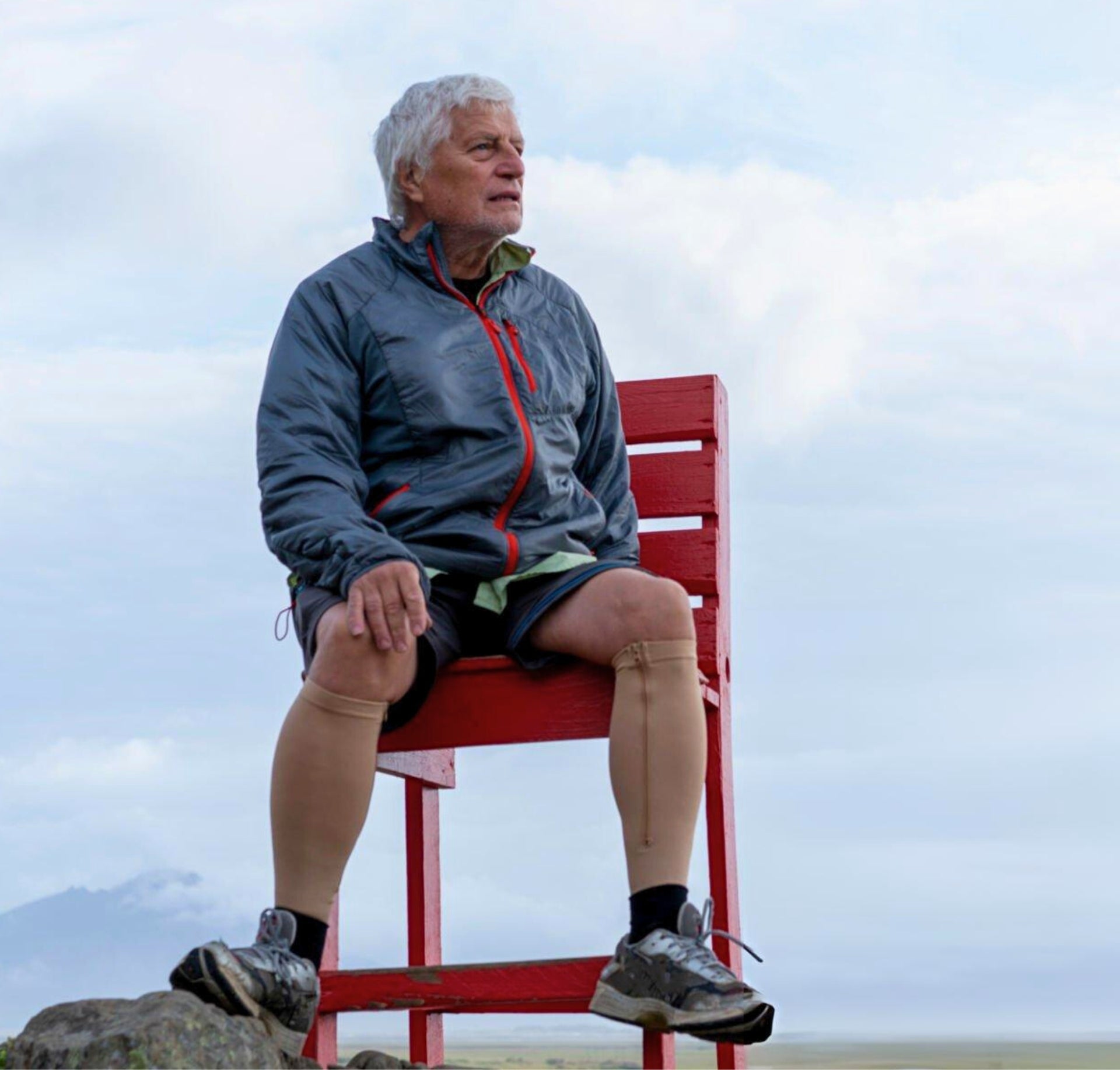










1 comment
Hey,
This blog was extremely helpful! Thank you for sharing!